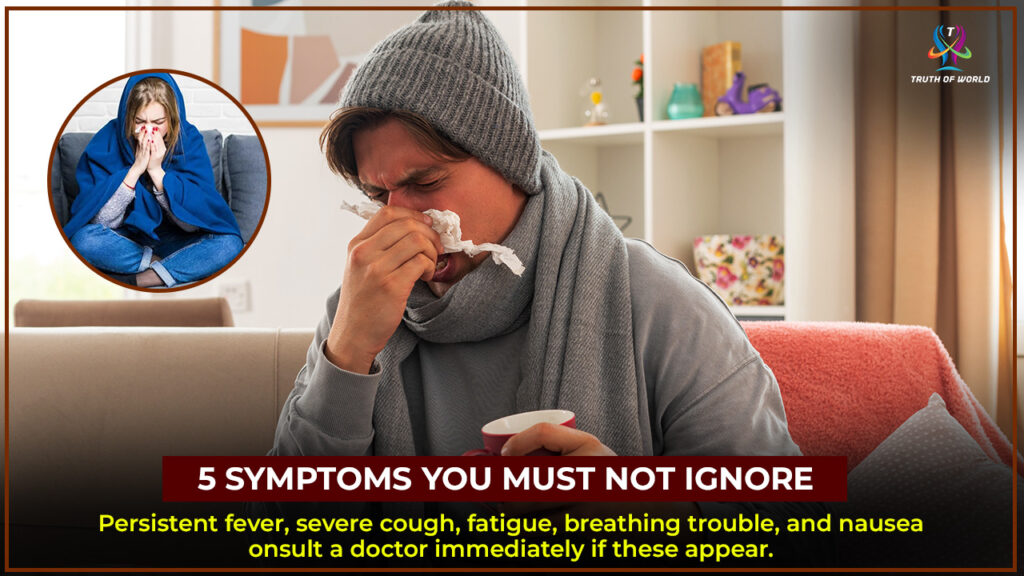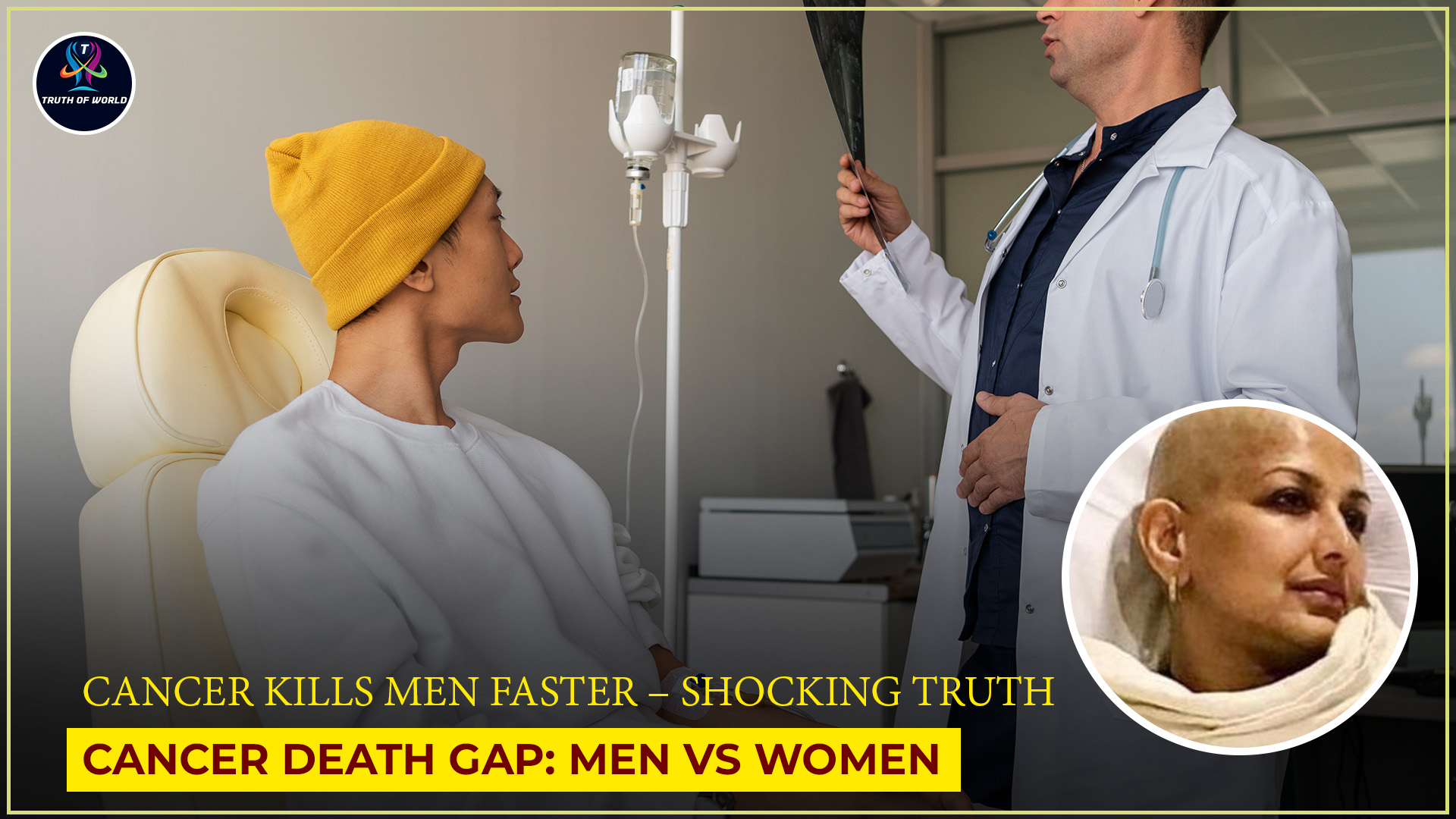New Delhi | September 23, 2025
The National Capital Region (NCR) is witnessing a worrying surge in H3N2 influenza infections, with hospitals reporting packed outpatient departments and pharmacies facing increased demand for flu medicines. Health experts have urged residents not to dismiss the symptoms as a “seasonal cold,” warning that delays in treatment could lead to serious complications.
What is H3N2?
H3N2 is a subtype of the Influenza A virus that typically spreads during seasonal transitions. Unlike the common cold, it causes severe respiratory illness and hits vulnerable groups such as children, the elderly, and those with chronic health conditions much harder.
Doctors in Delhi, Noida, Gurugram, and Ghaziabad say this year’s strain appears to be spreading faster across both urban and semi-urban areas. Schools, offices, and crowded public transport have become potential hotspots for transmission.
Why Cases Are Rising in NCR
According to health specialists, multiple factors are driving the sudden spike:
- Weather fluctuations weakening immunity.
- Post-COVID immunity gaps, leaving many people more vulnerable.
- High population density in metro areas fueling rapid spread.
- Delayed medical attention, as patients mistake it for a common cold.
5 Symptoms You Must Not Ignore
Doctors stress that recognizing H3N2 early is crucial. The five warning signs are:
- Persistent High Fever — lasts several days, often above 101°F.
- Severe Cough with Chest Pain — accompanied by breathing difficulty.
- Body Ache and Fatigue — extreme tiredness that lingers.
- Shortness of Breath — especially risky for asthma or heart patients.
- Nausea and Vomiting — reported in a large number of NCR cases.
H3N2 vs COVID-19
While both target the respiratory system, doctors highlight differences.
- H3N2 causes more cough and body aches.
- COVID-19 spreads faster but typically shows loss of smell/taste.
- Treatments vary, with H3N2 requiring antivirals and supportive care.
Hospital Situation in NCR
Hospitals across NCR are seeing a rise in flu-related admissions. Though most patients recover at home with rest and prescribed medication, ICU admissions have increased, especially among senior citizens. Private clinics are also reporting a sharp rise in OPD visits for persistent cough and fever.

Who is Most at Risk?
- Children below 5 years
- Adults above 60 years
- Pregnant women
- People with diabetes, hypertension, or chronic respiratory issues
- Immunity-weakened individuals post-COVID
Preventive Measures
Doctors recommend:
- Wearing masks in crowded areas
- Maintaining hand hygiene
- Eating a balanced diet and resting well
- Getting the annual flu vaccine
- Avoiding self-medication, especially antibiotics
Authorities’ Response
The Delhi Health Department has directed hospitals to prepare flu wards and ensure antiviral availability. Several RWAs in Gurugram and Noida have also launched vaccination camps and sanitization drives.
Expert Opinions
Pulmonologist Dr. Ramesh Mehra (Safdarjung Hospital) said:
“People must not dismiss flu this season. H3N2 is showing prolonged recovery times, and many ignoring early symptoms are ending up in emergency wards.”
Pediatrician Dr. Shalini Kapoor (Gurugram) added:
“Parents should remain alert. If fever and cough persist beyond three days, seek medical help immediately.”
Conclusion
The sharp rise in H3N2 cases in NCR is a reminder that seasonal flu can turn dangerous if neglected. Identifying the five warning signs early and taking preventive steps can reduce the risk of complications.
As Delhi-NCR faces this new health scare, experts say awareness and timely medical care will be key to keeping families safe.









